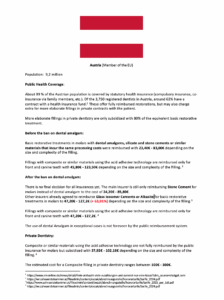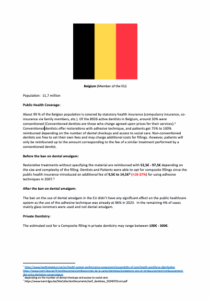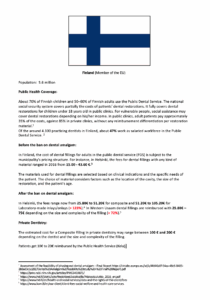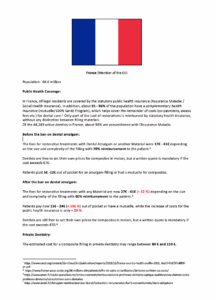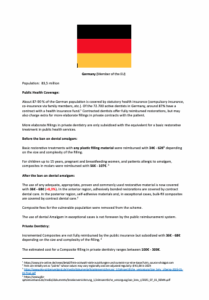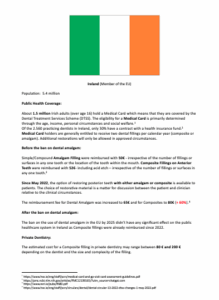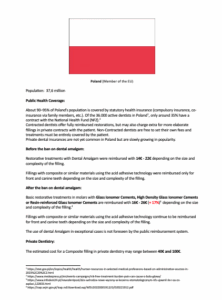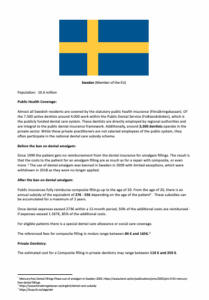Transparency

Those who work for the common good should tell the community what the organization does, where the funds come from, how they are used and who the decision-makers are. Transparency Germany, together with numerous partners from the nonprofit sector, has therefore launched the Transparent Civil Society Initiative. The signatories of the initiative voluntarily undertake to disclose, in ten precisely defined points, exactly what goals the organization is striving to achieve, where the funds come from, how they are used and who makes the decisions about them.
The European Network for Environmental Medicine is a NGO registered in Germany.
1. Name, registered office, address and year of foundation
EnvMed – European Network for Environmental Medicine gUG (haftungsbeschränkt),
Kiautschoustr. 14,
13353 Berlin.
Year of foundation: 2017
Contact Person:
Florian Schulze
florian.schulze(at)envmed.org
Tel: +49(0)178/1812729
2. Complete statutes as well as information about the organizational goals
- To the statutes
- To information about tasks and goals of the organization
3. Information on tax exemption
The notice of tax exemption for 2022
4. Name and function of key decision makers
The management of EnvMed consists of the managing director and sole shareholder Florian Schulze (since 2017), who is carrying out the principal work.
EnvMed has launched the Alliance for Mercury-Free Dentistry, which promotes the Amalgam Ban 2020 campaign in Germany. In addition, EnvMed works with other partners and is supported by scientific advisors.
5. Activity report
Information on activities can be found in our annual reports.
6. Staff structure
At EnvMed the position of managing director is held by Florian Schulze, who is employed.
7. Information on the source of funds
EnvMed receives regular funding from the World Alliance for Mercury-Free Dentistry and the German Society for Environmental Dentistry (DEGUZ). EnvMed is dependent on further donations. The income can be found in the current annual financial statement of the tax advisor.
8. Information on the use of funds
Information on the use of funds can be found on the website of IG Umwelt Zahn Medizin under the tab Activities and in the annual reports or the current annual financial statement of the tax advisor.
9. Legal relationship with third parties
None.
10. Names of persons whose annual payments represent more than 10% of the total annual budget
World Alliance for Mercury-free Dentistry + German Society for Environmental Dentistry (DeGUZ). Other individual donations over €100 are noted by name under the Funding tab. A detailed overview of donations can be found in the annual reports.

